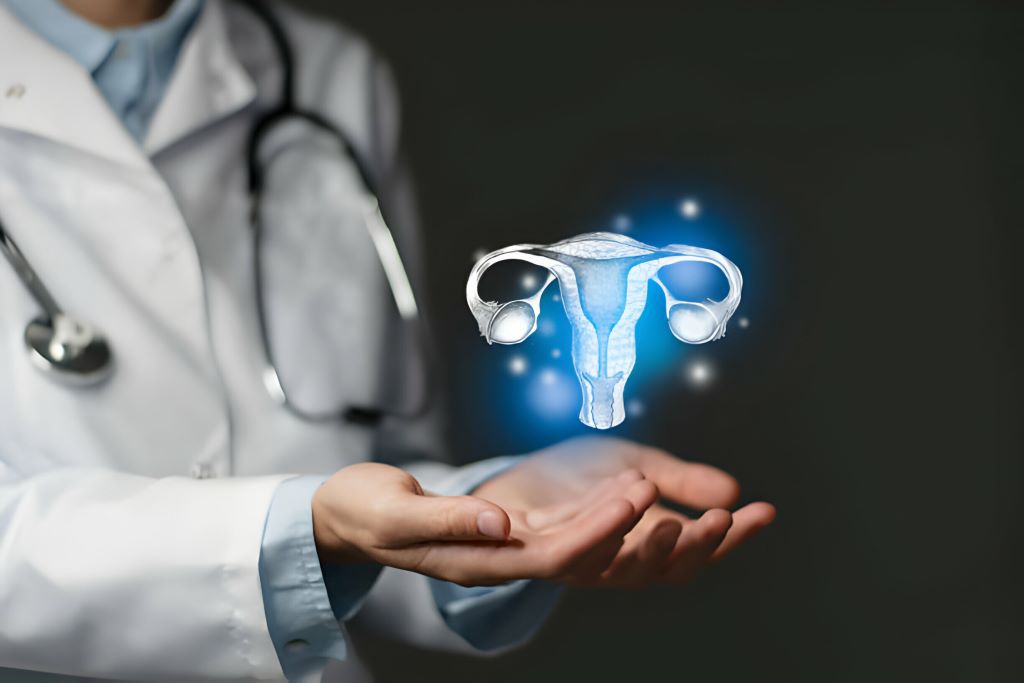Infertility, a condition affecting millions worldwide, can be a formidable barrier to the dream of parenthood. Yet, amidst the challenges, there exists a realm of hope: advanced infertility treatments. This exploration delves into the innovative strategies and cutting-edge technologies offering new avenues for those on the path to conception.
From in vitro fertilization (IVF) to intrauterine insemination (IUI) and beyond, these advancements in reproductive medicine provide renewed optimism and possibilities for individuals and couples facing infertility. With the guidance of fertility specialists and the support of modern science, the journey towards parenthood can be transformed into a reality.
Understanding the Landscape of Infertility
Before embarking on the journey of advanced infertility treatment, it’s essential to comprehend the multifaceted landscape of infertility itself. Infertility isn’t merely a physical impediment but often intertwines with emotional and psychological complexities. Couples grappling with infertility often experience profound stress, anxiety, and a sense of loss. Understanding this holistic perspective is crucial as it informs the approach towards treatment.
The Evolution of Infertility Treatments
Over the years, advancements in medical science have revolutionized the field of infertility treatments. Traditional methods like ovulation induction and intrauterine insemination (IUI) have paved the way for more sophisticated techniques.
In vitro fertilization (IVF), once considered groundbreaking, has become commonplace, boasting remarkable success rates. However, the quest for enhanced efficacy and reduced invasiveness has spurred the development of advanced treatments.
Exploring Assisted Reproductive Technologies (ART)
At the forefront of advanced infertility treatments lie Assisted Reproductive Technologies (ART), a diverse array of techniques designed to overcome various fertility challenges. From intracytoplasmic sperm injection (ICSI) to preimplantation genetic testing (PGT), ART encompasses a spectrum of interventions tailored to individual needs. These interventions offer hope to couples facing complex infertility issues, including male factor infertility, advanced maternal age, and recurrent pregnancy loss.
Harnessing the Power of Genetic Screening
One of the most significant advancements in infertility treatment is the integration of genetic screening technologies. Preimplantation genetic testing (PGT) allows for the screening of embryos for genetic abnormalities before implantation, thereby reducing the risk of miscarriage and chromosomal disorders. Furthermore, advancements in genetic screening have enabled the identification of specific genetic mutations associated with infertility, paving the way for personalized treatment approaches.
Innovations in Ovarian Stimulation Protocols
Ovarian stimulation, a cornerstone of many infertility treatments, has undergone significant refinement in recent years. Traditional stimulation protocols aimed at maximizing the number of retrieved eggs often resulted in adverse side effects and poor outcomes. However, advancements in stimulation protocols, such as the use of gonadotropin-releasing hormone (GnRH) antagonists and individualized dosing regimens, have led to improved efficacy and safety. These innovations have particularly benefited women with diminished ovarian reserve, offering them renewed hope for successful conception.
Breaking Barriers with Third-Party Reproduction
For some individuals and couples, traditional infertility treatments may not offer a viable path to parenthood. In such cases, third-party reproduction— including egg donation, sperm donation, and gestational from a surrogacy agency — emerges as a beacon of hope. These alternative approaches provide individuals with the opportunity to build their families through collaborative means, transcending biological barriers and fulfilling their dreams of parenthood.
The Role of Regenerative Medicine in Fertility Restoration
In recent years, regenerative medicine has emerged as a promising frontier in the field of infertility treatment. Stem cell therapies, tissue engineering techniques, and other regenerative interventions hold the potential to restore fertility in individuals with reproductive disorders or damage. From ovarian rejuvenation to testicular tissue transplantation, these innovative approaches offer new avenues for overcoming infertility and realizing the dream of parenthood.
By harnessing the regenerative potential of the body, these treatments offer renewed optimism for those facing fertility challenges. As research in regenerative medicine progresses, it brings closer the possibility of addressing infertility at its core, offering transformative solutions that may revolutionize the field of reproductive medicine.
Similarly, testicular tissue transplantation holds promise for men facing infertility due to testicular dysfunction or injury, offering the possibility of restored spermatogenesis and natural conception. By harnessing the regenerative capabilities of the body, these advancements represent a beacon of hope for individuals and couples grappling with infertility. As research in regenerative medicine continues to progress, it brings us closer to a future where infertility may no longer be an insurmountable barrier to achieving parenthood, ushering in an era of renewed optimism and possibility.
Conclusion
In the realm of infertility treatments, every advancement represents a ray of hope for those navigating the challenging journey towards parenthood. From the refinement of existing techniques to the advent of groundbreaking innovations, the landscape of infertility treatment continues to evolve, offering renewed possibilities to individuals and couples worldwide.
As we explore the realm of advanced infertility treatments, let us embrace the spirit of hope and resilience, knowing that each new beginning brings us closer to the realization of our deepest aspirations: the gift of new life and the joy of parenthood.




